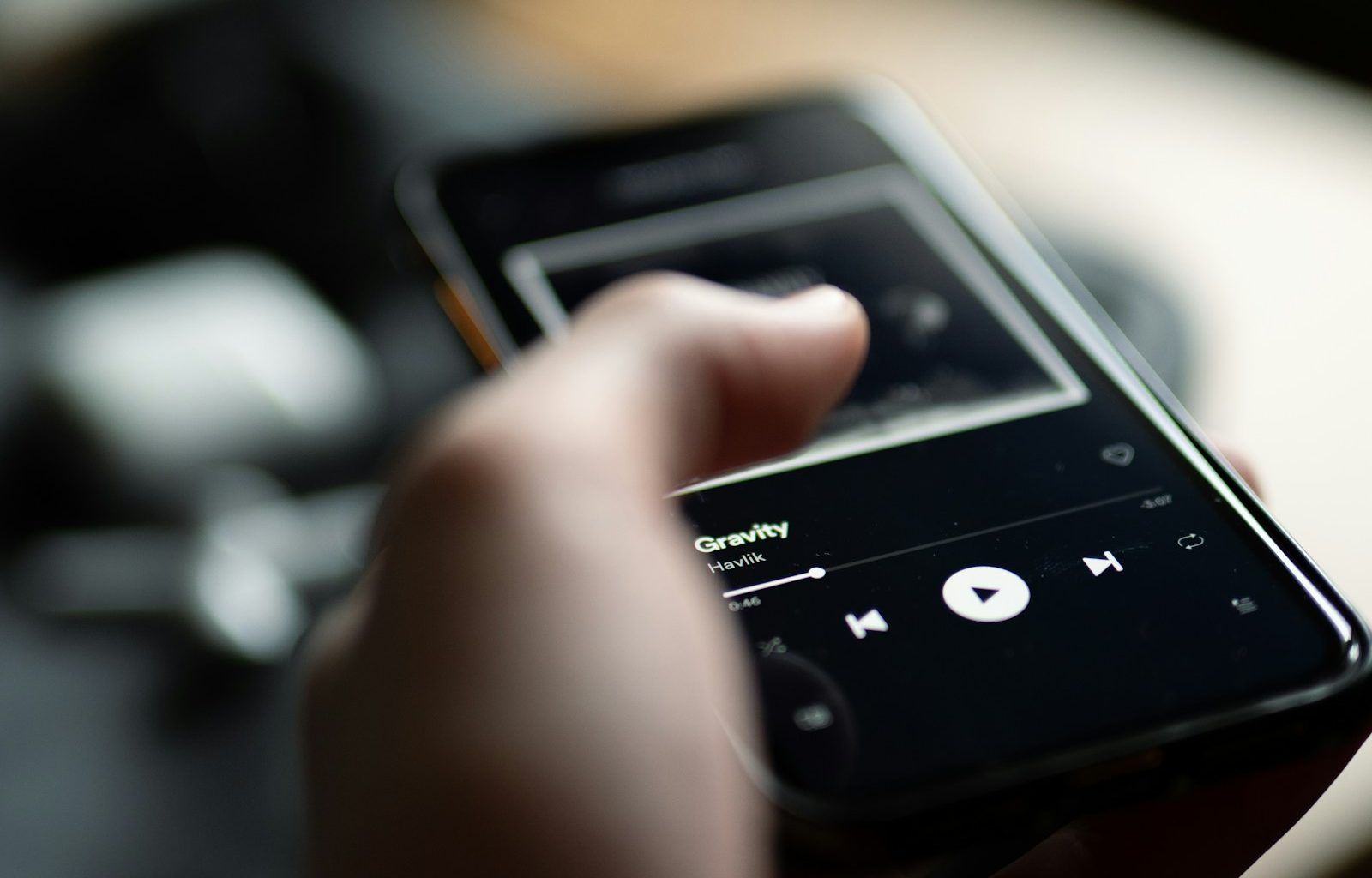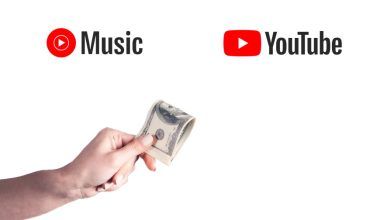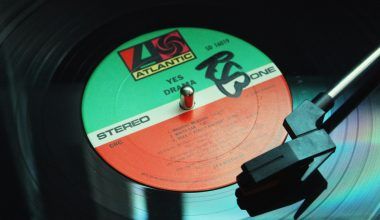If you’re a music lover, you’ve probably come across the terms “extended play vs album.” These are two common formats artists use to release their music. But what exactly sets them apart? Why do some musicians release an EP instead of an album? And how does this decision impact you as a listener? Let’s dive into these questions to better understand the key differences between an extended play and an album.
Understanding the Basics
To start, let’s break down what an EP and an album actually are.
An extended play (EP) is like a small collection of songs. It’s longer than a single but shorter than a full-length album. Typically, an EP includes about three to six tracks and runs for about 15 to 30 minutes. This format gives artists a chance to showcase their music without the commitment of a full album.
On the other hand, an album is a longer and more comprehensive collection of songs. Albums usually have at least seven tracks and can last anywhere from 30 minutes to over an hour. Because of their length, albums often offer a deeper exploration of an artist’s creativity and themes.
Why Artists Choose an Extended Play
There are several reasons why musicians might decide to release an extended play instead of an album. First, creating an album takes a lot of time, money, and effort. For new or independent artists, an EP can be a more manageable project that still allows them to share their music with the world.
EPs are also a great way for artists to experiment with new sounds or ideas. Because they’re shorter, EPs are less risky. If listeners don’t love the new direction, the artist hasn’t invested as much as they would have in a full album.
Additionally, releasing an extended play is a smart way to keep fans engaged. Instead of waiting years for a new album, fans can enjoy smaller, more frequent releases. This strategy helps maintain momentum and keeps an artist relevant in a fast-paced music industry.
The Purpose of an Album
While an EP is great for quick releases, an album serves a different purpose. Albums are often seen as the ultimate artistic statement. They allow musicians to explore complex themes, tell a story, or take listeners on a journey. Think of an album as a novel and an EP as a short story. Both are valuable, but they serve different purposes.
Albums also hold a special place in music history. Many iconic records, like The Beatles’ “Abbey Road” or Michael Jackson’s “Thriller,” wouldn’t have had the same impact if they were just EPs. For artists, creating an album can be a way to leave a lasting legacy.
How Listeners Benefit from Both
As a music fan, both formats have something to offer. Extended plays are perfect for discovering new artists or exploring fresh music quickly. They’re bite-sized, making them easy to listen to during a commute or while running errands.
Albums, on the other hand, are for deeper listening experiences. They’re ideal when you have time to sit down and immerse yourself in the music. An album lets you connect with the artist’s full vision and feel the emotions they’re trying to convey.
When to Expect an Extended Play
EPs often come at specific points in an artist’s career. For example, many musicians release an EP before their debut album. This approach helps them build a fanbase and test the waters.
Sometimes, established artists also release EPs between albums. These releases might include bonus tracks, remixes, or experimental songs that don’t fit into a larger project. Extended plays can act as a bridge, keeping fans excited while the artist works on their next big release.
When Albums Take Center Stage
An album is usually reserved for major releases. It’s the format artists use to make a statement or mark a significant moment in their careers. For listeners, albums often feel like an event. Think about the anticipation surrounding an album drop from a big-name artist—it’s an experience that brings fans together.
Because of their scale, albums often come with more promotional efforts, like tours or elaborate marketing campaigns. This added visibility can help artists reach a wider audience.
The Role of Streaming Platforms
In today’s digital age, streaming platforms like Spotify and Apple Music have changed the way we consume music. These platforms make it easy to access both extended plays and albums, but they’ve also blurred the lines between the two formats.
For example, some artists release playlists or collections of singles that feel like EPs, even if they’re not labeled as such. Similarly, some shorter albums could technically qualify as extended plays. The flexibility of streaming platforms allows artists to get creative with how they present their music.
Extended Play vs Album: Which is Better?
There’s no right or wrong answer to this question. It really depends on what you’re looking for. If you want a quick taste of an artist’s work, an EP might be the way to go. But if you’re in the mood for a deeper dive, an album will offer a more comprehensive experience.
For artists, the decision between an extended play and an album often comes down to their goals, resources, and creative vision. Both formats have their strengths, and both play an important role in the music industry.
Wrapping It Up
Understanding the difference between an extended play vs album can enhance your appreciation for music. Whether you’re discovering a new artist through their EP or enjoying the full experience of an album, both formats bring something special to the table.
So next time you’re scrolling through your favorite streaming platform, take a moment to appreciate the thought and effort that goes into every release. Whether it’s an extended play or an album, there’s a world of music waiting for you to explore.
For further reading, explore these related articles:
- Shakira Famous Songs List: A Journey Through Her Best Hits
- The World of K-pop: Exploring the Most Popular K-pop Group and Their Journey to Fame
For additional resources on music marketing and distribution, visit DMT Records Pvt. Ltd..






